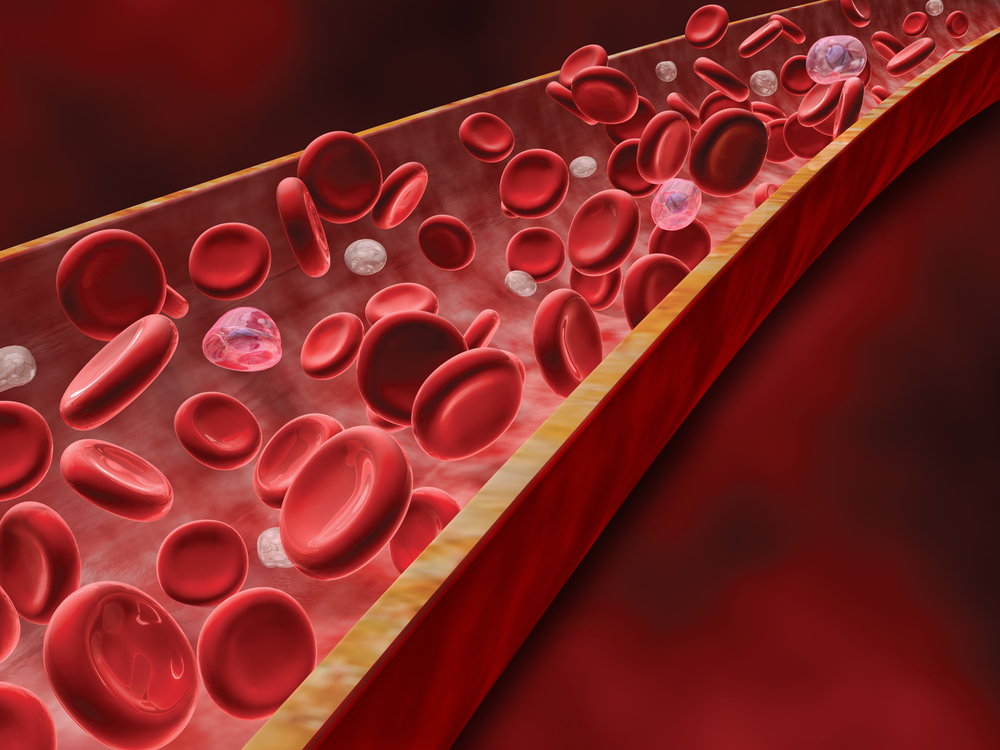Antineutrophil Cytoplasmic Antibodies Do Not Correlate with Disease Severity or Survival in North American IPF Patients

The presence of auto-antibodies (self-directed antibodies) known as antineutrophil cytoplasmic antibodies do not correlate with disease severity or survival in North American patients with idiopathic pulmonary fibrosis (IPF), according to a new study.
The study, “Prevalence and Clinical Significance of Antineutrophil Cytoplasmic Antibodies in North American Patients with Idiopathic Pulmonary Fibrosis,” was published in the journal Chest.
Auto-antibodies are found in up to 22% of patients with IPF.
Specifically, antineutrophil cytoplasmic antibodies (ANCA) antibodies — which are characteristically found in patients with vasculitis (inflammation of blood vessels) — are estimated to be present in 7–10% of IPF patients who did not have any other symptoms of systemic vasculitis at the time of IPF diagnosis.
ANCA antibodies antineutrophil cytoplasmic antibodies are estimated to develop in another 10% of patients during follow-up. Interestingly, this is significantly higher than the prevalence of ANCA in the general population.
Several small studies have examined the clinical significance of ANCA antibodies, specifically antibodies directed toward proteins called myeloperoxidase (MPO) and proteinase 3 (PR3). However, results from these studies have been inconsistent regarding how IPF patients who are ANCA-negative differ from patients who are ANCA-positive in terms of their clinical, radiographic, or pathologic findings.
The Pulmonary Fibrosis News forums are a place to connect with other patients, share tips and talk about the latest research. Check them out today!
Furthermore, almost all studies that have explored the prevalence and significance of ANCA-antibodies in IPF have been in Japanese populations. Consequently, the clinical significance of ANCA antibodies in North American IPF patients remains unclear.
So, researchers conducted a study to estimate the prevalence of ANCA antibodies in two independent North American populations diagnosed with IPF. Investigators explored any potential differences in survival, as well as clinical, radiographic, and pathologic features between ANCA-positive and ANCA-negative IPF patients.
The two groups analyzed in the study included patients diagnosed with IPF at the University of California San Francisco (UCSF; the “discovery cohort”), and the University of Chicago (the “replication cohort”).
MPO and PR3-ANCA antibodies were measured in all patients. Researchers also evaluated the prevalence and association of ANCA antibodies with clinical characteristics and transplant-free survival.
Fourteen of 353 patients (4%) in the discovery cohort, and 20 of 392 patients (5.1%) in the replication cohort were positive for ANCA-antibodies at the time of diagnosis. Of these, six patients in the discovery cohort, and 12 patients in the replication cohort, were positive for MPO antibodies.
Among those positive for MPO-antibodies, two patients (33%) in the discovery cohort, and three patients (25%) in the replication cohort developed vasculitis. Interestingly, none of the patients positive for PR3 developed clinical vasculitis.
Analysis of clinical features revealed that ANCA-positive patients were more likely to be female, compared to ANCA-negative patients in both cohorts: 47.1% vs 22.9% in the discovery cohort; 50% vs 25% in the replication cohort.
When the cohorts were combined — for a total of 745 patients — the median transplant-free survival was found not to be significantly different between ANCA-positive and ANCA-negative patients.
Based on the results, the team concluded: “ANCA-antibody positivity is uncommon in North American patients with IPF, and not associated with baseline disease severity or transplant-free survival; however, a significant proportion of MPO-positive IPF patients develop clinical vasculitis.”
The researchers also suggested that “given the low prevalence of PR3-antibody positivity in North American IPF patients, and the lack of any associated impact on survival or development of vasculitis, these results do not support the routine measurement of PR3-antibodies in patients with suspected IPF.”
However, regarding MPO antibodies, while uncommon in IPF patients, they are associated with a 25–33% risk of developing vasculitis, according to the team. Therefore, the researchers suggested that “measurement of MPO-antibodies may be indicated in patients with suspected IPF, especially female patients who have the highest risk of MPO-positivity and vasculitis.”







